Overcoming Operating Pressure Barrier In High Recovery Membrane Desalination Via Hybrid RO-NF Processes
Overcoming Operating Pressure Barrier in High Recovery Membrane Desalination
Credit to: https://www.usbr.gov/tsc/
Authors: Yoram Cohen, Professor- Anditya Rahardianto, Assistant Researcher- Yeunha Kim, Graduate Student
December 2019
Abstract:
This Desalination and Water Purification Research Program (DWPR) research project investigated whether hybrid reverse osmosis-nanofiltration (RO-NF) processes might have lower pressure requirements for high recovery desalination than conventional RO processes. We evaluated the operating pressure requirements and concentrate volume reduction in high recovery desalination at a theoretical and bench-scale testing level. We modeled three hybrid RO-NF processes and one conventional RO process. The project found that modeled hybrid RO-NF processes can operate at significantly lower pressure requirements and, consequently, at higher water recovery levels than conventional RO processes, while meeting the same target product water quality. Bench-scale experimental data confirmed the expected reduction in pressure requirements, albeit at suboptimal energy requirements (as the commercial NF membrane had suboptimal NF TDS rejection). The project demonstrated that NF TDS rejection is a critical parameter governing both operating pressure and energy consumption. The present study suggests that further evaluation of single-stage RO-NF operation at pressure-optimal NF rejection (70 – 80%) has merit. Next recommended steps are to investigate the hybrid processes ability to address challenges within feedwater, variable feedwater, and mineral scaling, as well as to explore the benefits of using energy recovery devices.
Only logged in customers who have purchased this product may leave a review.


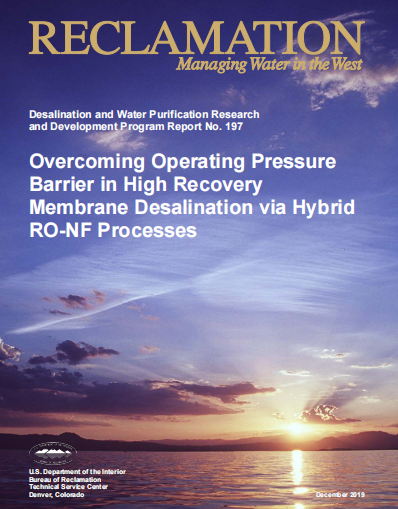
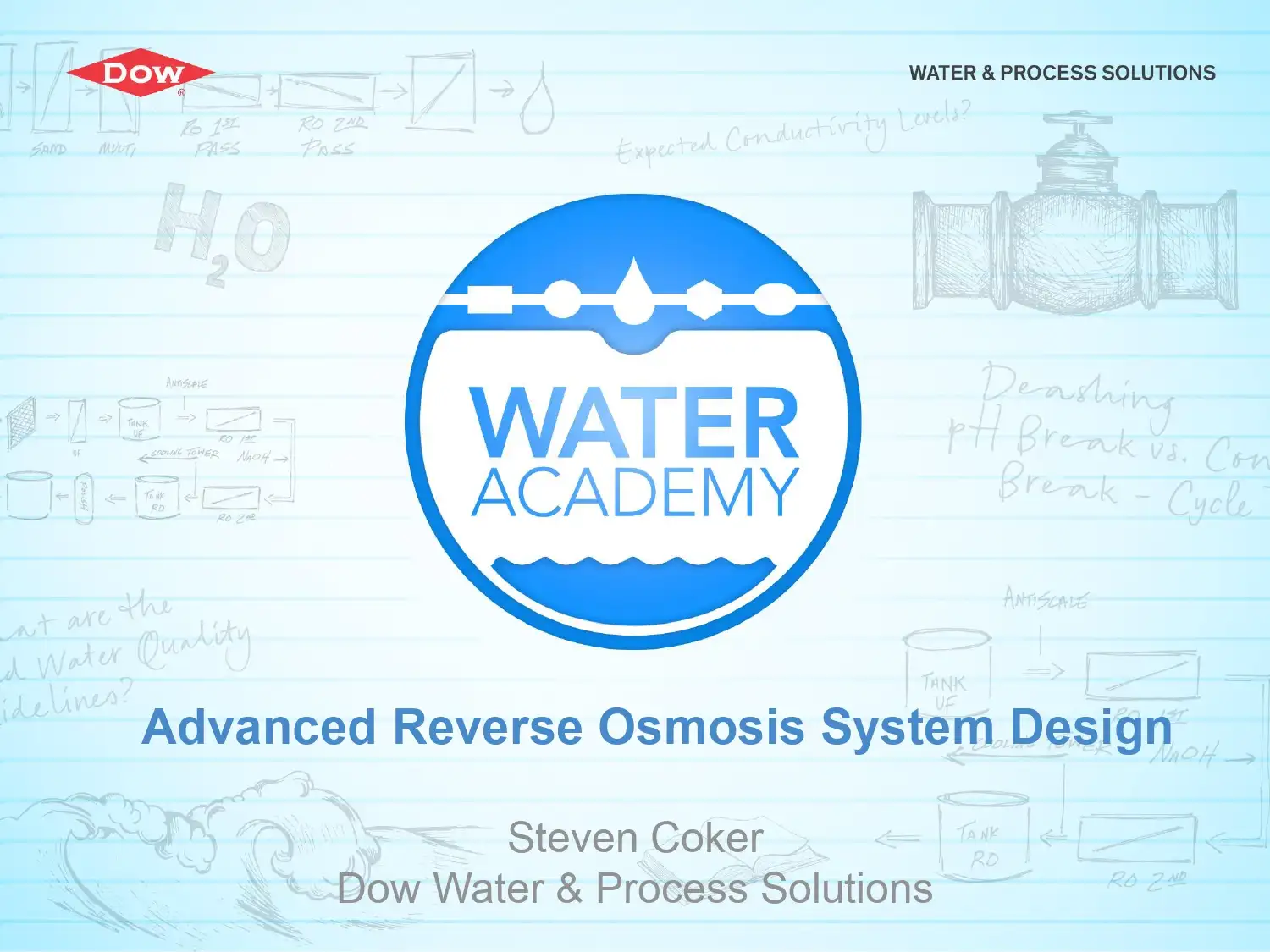

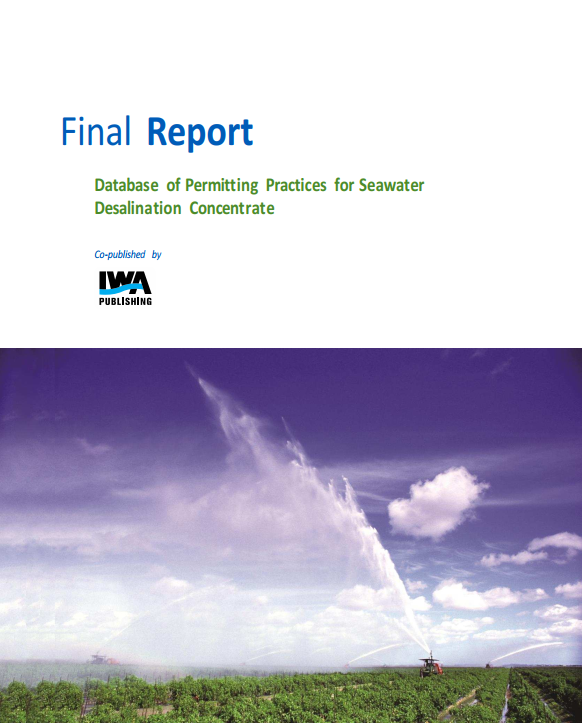
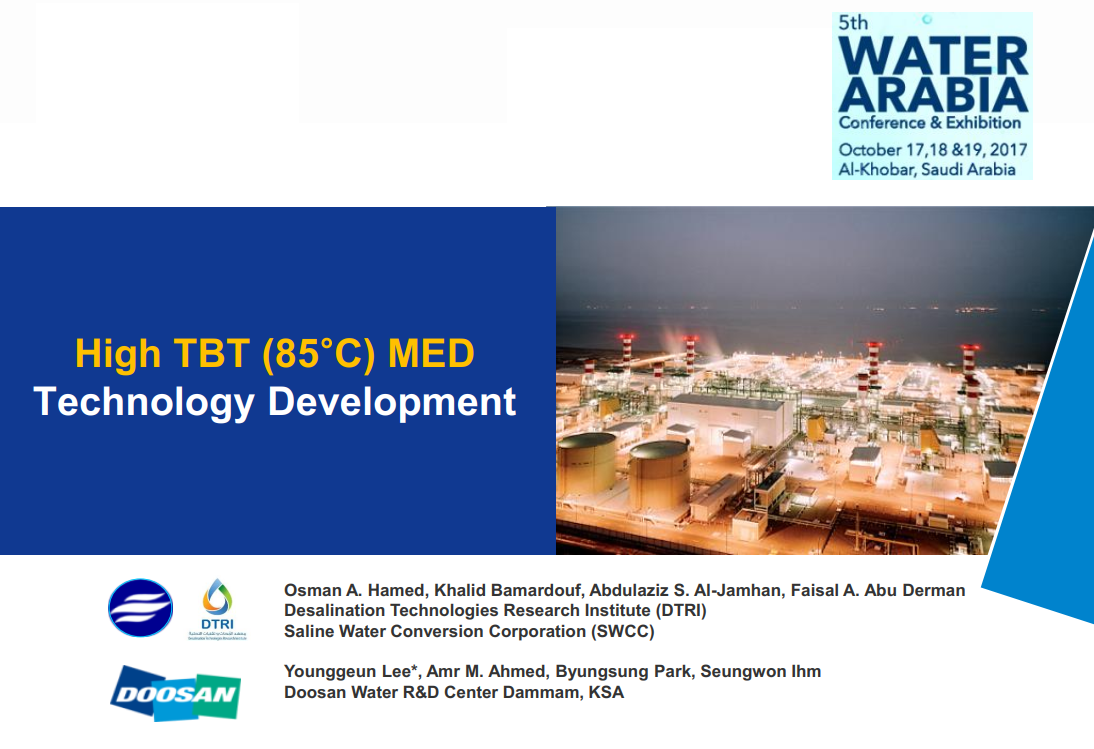



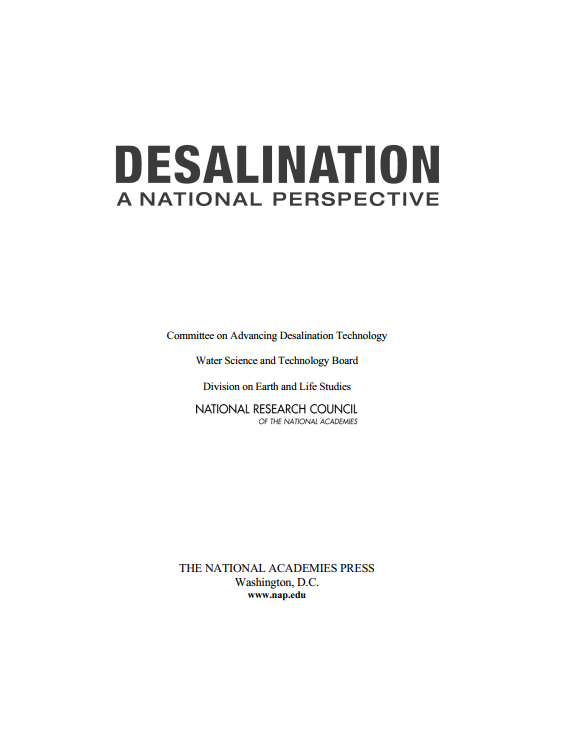
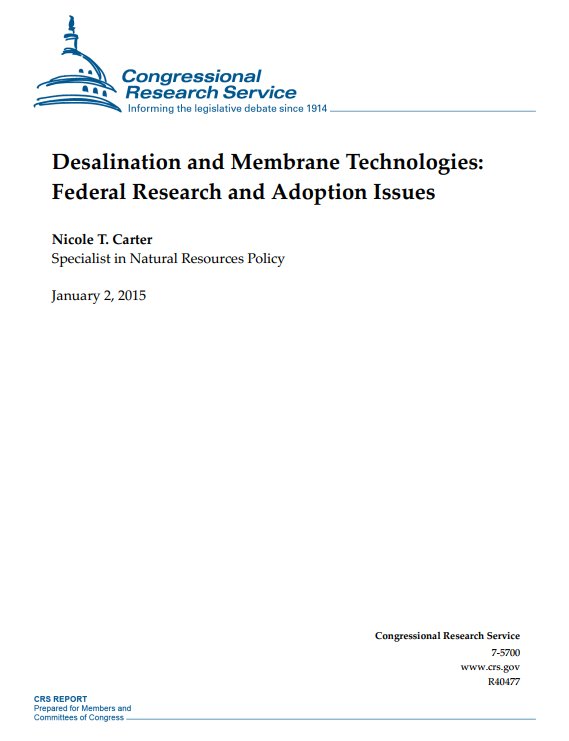


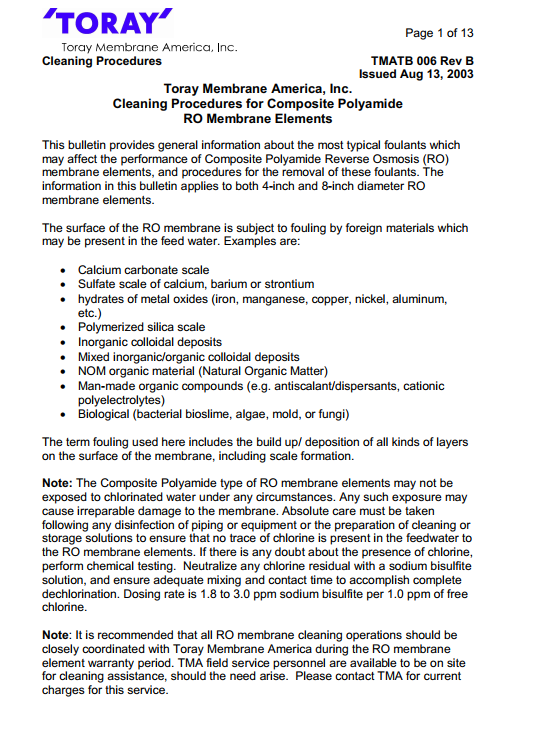
Reviews
There are no reviews yet.